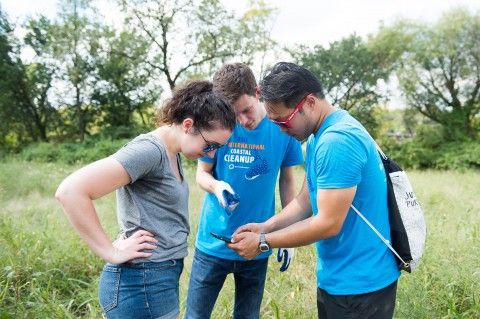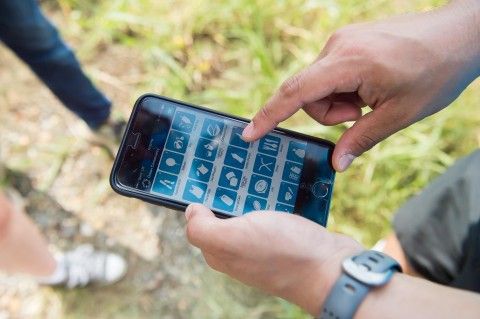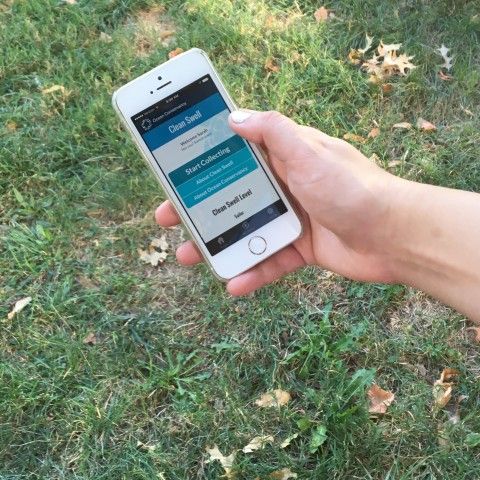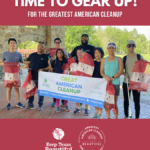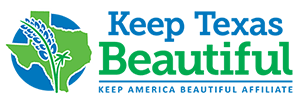1. They give us a baseline. The burgeoning field of science around marine debris and plastic pollution is so new that there are a number of simple questions about it that scientists are still trying to figure out. Where does trash travel and where does it end up? What are all the sources and how should we prioritize prevention strategies? All of these questions and more rely on a basic understanding of what exactly is out there and thanks to volunteers at cleanups around the world; we’re starting to get an idea of what trash is most common, what it’s made of, where it accumulates and how this changes over time. We like to think of the International Coastal cleanup as a yearly snapshot of the marine debris problem. The data are actually used by scientists around the world who are working to figure out answers to these questions which in turn, will help drive solutions.
2. They drive policy change. The data that volunteers collect during the ICC include categories of items that we use in our everyday lives, from plastic bottles to shopping bags, straws and cigarette butts. Having the ability to track the exact amount of these items, on varying geographic levels (think the entire state of Texas all the way down to a specific stretch of beach or park) is immensely helpful in providing evidence and the need for policy change. Over the years, ICC data have been used to implement state and municipal plastic grocery bag bans (California is a prime example of this), smoking-free beaches (this is especially true along the Great Lakes where cigarette butts and cigar tips are always in their top 5 most collected items) and have even helped shape national policy.
3. It’s something we can all do! Beyond sheer tonnage of trash removed, and probably more importantly, we feel that cleanups are the gateway for volunteers and people of all walks of life to become aware of the issue and feel empowered to take action. Through data collection, the experience for the volunteer in tracking item by item, what they find, creates a moment of reflection that is truly invaluable. Never will I look at a foam take out container the same way again, after having counted dozens of them at a cleanup in my hometown! It’s these moments that inspire personal behavior change which will shift our culture away from the idea of trash “going away” and really make us reconsider what we actually need and think creatively to reduce the trash we create.
Ok so how do cleanup volunteers go about collecting data? There’s always the tried and true paper data card on a clipboard with a pencil, but Ocean Conservancy is challenging cleanup volunteers to move beyond paper and try a new way to collect data, through our app, Clean Swell.
The app was designed with simplicity in mind and features a collection screen with 20 popular trash items. A data recorder (we recommend working in groups with one recorder capturing everyone’s data on their device) simply taps the icons on the collection screen to keep a running tally of the amount of trash found. Clean Swell utilizes your device’s GPS to track your route so you’ll know the exact distance you cleaned. It also uses pre-populated dry weights of debris items to estimate the total weight of trash collected.
All elements of the cleanup activity can be personalized on a “Review Your Cleanup” screen before data are submitted. Data are automatically submitted to an online database that is open access for all cleanup leaders to access their totals after an event- and also for those scientists, policymakers and innovators that use the data for positive change!
Of course like all apps, we are continually working to evolve and improve Clean Swell and will roll out more changes to make data collection even easier for our awesome volunteers. A “Group Name” is one such feature that allows groups that may be spread out over a wide geography, to tag their cleanup entries with a common name so they can easily be filtered for and found in the database afterward.
We hope you’ll join us in taking cleanups and the important data that come from them, into the 21st century with Clean Swell. Whether once a day or once a year, volunteers can join the movement to end trash in our environment, once and for all.
To learn more and download the Clean Swell App, click here.
Blog post written by Sarah Kollar (guest) Outreach Manager, International Coastal Cleanup (ICC), Trash Free Seas® Program, Ocean Conservancy
